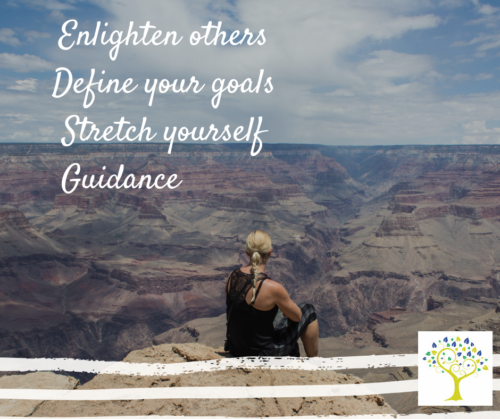
UK media and businesses are enthralled to ‘Gen Z’. But they tend to focus on a seemingly small handful of representatives. Most recently Greta Thunberg and Melati Wisjen got the lion’s share of focus as potential saviours of our future. And rightly so. But the positive limelight seems to shine too often in the more privileged corner of the Gen Z spectrum. For a number of reasons, it’s time we took responsibility for broadening the bandwidth and ensuring the light is more evenly shared across the wider youth spectrum. If we don’t, we’re simply feeding polarisation in society, by allowing cultural blindspots to evolve and deepen the cracks that divide us.
As someone who works in the marketing and communications industry, I see on a daily basis how both brands and businesses are obsessed with attracting young audiences, the consumers of tomorrow. But when this world manages to see beyond the media perpetuated stereotypes of teen knife crime victims and villains (on a randomly selected day in January 2020, only one out of 20 BBC News articles about ‘teens’ didn’t focus on death or violence), they mostly only see a narrowcast, middle class, progressive-living representation of Gen Z; the version that can afford to worry about clean eating, identity politics and climate crisis. The problem is, this skewed focus means we end up devaluing, discounting and dismissing those who fall outside of this focus and into ‘other’: typically less advantaged Gen Zs who live lower socioeconomic experiences.
For a country that’s apparently so passionate about youth, our true understanding of this group is worryingly generic and frequently misled. The cold hard truth is that, when it comes to the youth landscape, there’s no catch-all. For every gender-fluid environmental campaigner, there’s someone the same age who’s living a completely different reality. And as the overlap between privileged and less advantaged youth shrinks, each group is becoming increasingly polarised, and less able to genuinely relate to one another.
At one end of the spectrum, there’s the popularity amongst young people of important climate justice movements like Extinction Rebellion. At the polar opposite end, there’s the Gen Z boom in fast fashion that peddles the complete opposite of an environmentally considered lifestyle. The rampant success of outlets like Boohoo and Pretty Little Thing illustrates that the widespread stereotype of ‘Zoomers’ as eco-warriers is, in fact, misleading.
Thanks to social media, we are firmly living in these polarised times. Instagram, Snap, Twitter et al are algorithmically locking us all into bubbles, echo chambers that continually narrow our horizons. Others’ opposing opinions and alternative ideologies are kept out-of-sight and out-of-mind and we consequently end up with a widening disparity in media consumption, ideologies, values and mindsets. End result? We can no longer recognise or relate to ‘other’. We cannot perceive anything outside of our own bubble.
There’s a theory that most humans are ‘plant blind’, an evolutionary quirk that left us more tuned to pick up on the animate objects that could threaten our survival. This plant blindness is believed to diminish our ability to feel concerned about human impact on the natural environment and therefore the bigger issue of the climate crisis. Could it be that social media’s filter bubbles and echo chambers are fuelling a similar cognitive deficit; something like a collective societal blindness?
Coca-cola seems to believe so. The mega brand has just announced that increasing societal empathy will be the focal point for its new global marketing strategy.
With diverging values being particularly pronounced in the youth landscape, we need to recognise that the general perception of Gen Z as gender-politicised eco-warriors completely overshadows the more commonly-found but lesser-told Gen Z story. The media is obsessed with the section of Gen Z that doesn’t offend their sensibilities. But a large proportion of Gen Z is heavily enthralled by cultural expressions, ideologies and values that are beyond other parts of society’s comprehension or appreciation.
Until the balance is addressed, we are at risk of – or perhaps even already guilty of – leaving large swathes of youth, particularly those living lower socioeconomic experiences, behind. And in doing so, we decrease broader society’s ability to relate, empathise or have any depth of concern for their experience. So if we really want to use post Brexit Britain as a chance to heal the nation’s divisions, a good place to start would be a fairer representation of the UK’s rich and diverse youth landscape.
By Brett Booth, Partner @ youth + culture marketing agency, Urban Nerds

